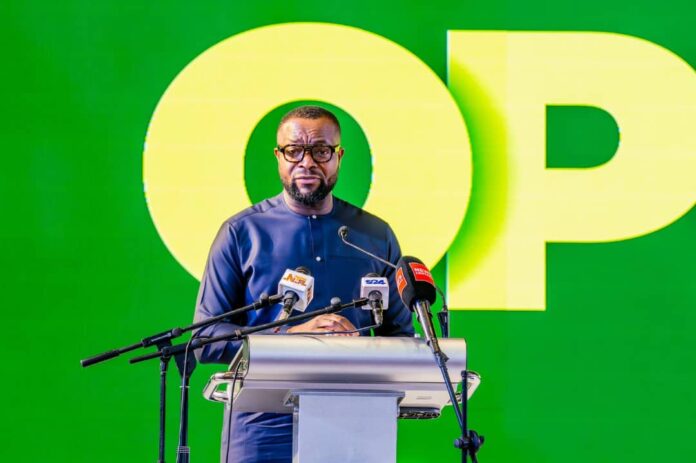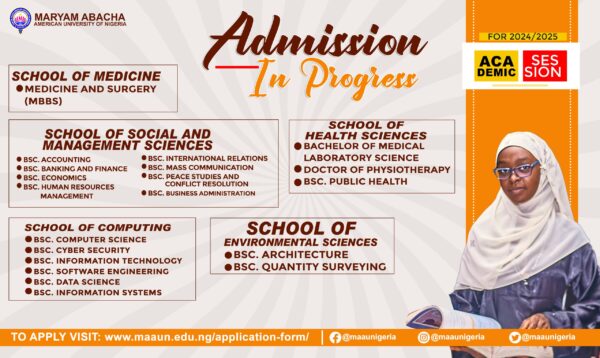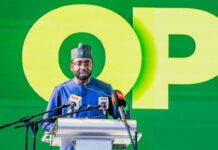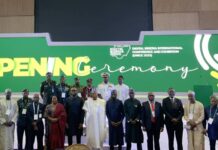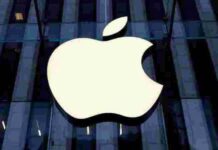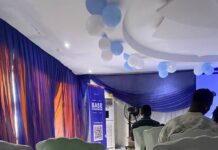DIgital Nigeria Conference 2025: Let Us Collaborate To Build Inclusive, Globally Competitive Digital Economy – Bosun Tijani
By Oluwole Alao
The Minister of Communications, Innovation and Digital Economy, Dr Bosun Tijani, has reiterated the Federal Government’s commitment to building a sustainable, inclusive, and globally competitive digital economy, calling on stakeholders across sectors to work together to achieve Nigeria’s digital transformation goals.
Delivering his keynote address at the Digital Nigeria International Conference and Exhibition 2025 in Abuja, Dr Tijani described the annual gathering as more than a conventional technology conference. According to him, Digital Nigeria serves as a national platform for dialogue, collaboration, and actionable strategies that will shape the country’s future in the digital era.
“It is with great pleasure that I welcome you all to Digital Nigeria 2025, something I consider to be a dialogue, but also collaboration and action towards building a sustainable, inclusive, and globally competitive digital economy for our nation. This event reminds us of what digital truly means for our past as a people, our present reality, and the future we are striving to build,” he mentioned.
Dr Tijani took the audience on a reflective journey through Nigeria’s digital history, noting that the liberalisation of the telecommunications industry in 1999 was a bold, transformative decision that changed the trajectory of the nation’s economy.
Before the policy reform, he recalled, only a handful of Nigerian families had access to telephones, and making international calls required visiting special centres and waiting in long queues.
“That decision marked the beginning of a new economy built on ideas and innovation. The introduction of mobile connectivity reshaped how Nigerians live, work, and connect, fuelling a digital revolution that continues to expand opportunities for millions,” the Minister explained.
He emphasised that the ripple effect of that single reform continues to be felt across sectors and further noted that the digital economy now contributes about 18 percent to Nigeria’s Gross Domestic Product (GDP), a clear demonstration of the sector’s growing importance as a driver of national growth and economic diversification.
He also highlighted Nigeria’s global leadership in financial technology (fintech) innovation, citing the country’s advanced digital payment systems and thriving startup ecosystem.
“Today, Nigeria boasts one of the most efficient and responsive payment systems in the world. Transactions that take hours or even days elsewhere are completed instantly here. This innovation has produced five of Africa’s nine technology unicorns, companies each valued at over a billion dollars,” Tijani stated.
According to the Minister, such achievements underscore the power of visionary leadership and enabling policies, which have positioned Nigeria as a major player in Africa’s digital and innovation landscape.
He praised the administration of President Bola Ahmed Tinubu, GCFR, for embedding technology and innovation as key pillars of the Renewed Hope Agenda, particularly in driving inclusivity, youth empowerment, and economic diversification.
Dr Tijani stressed that the government’s focus is not only on technology adoption but also on creating a digital culture that empowers citizens to become producers, not just consumers, of technology.
“Digital Nigeria 2025 is not about technology for its own sake. It’s about people, about ensuring that every Nigerian, regardless of background or location, can benefit from and contribute to our digital future,” he said.
He urged participants to seize the opportunity of the three-day conference to network, exchange ideas, and forge meaningful partnerships that would translate discussions into real solutions.
“This is the time to reflect, strategise, and act. The vision is clear, a nation built on prosperity, inclusion, and competitiveness, powered by innovation,” he concluded.


